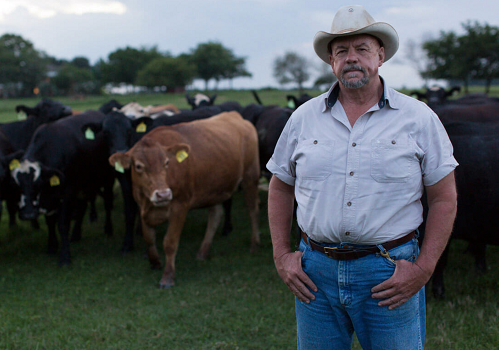Subscribe: Spotify
During the pandemic, renowned food writer Ruth Reichl grew concerned with the fate of small farmers, ranchers and chefs struggling to survive amidst a host of challenges. Thanks to the industrialization of food production, “big ag” consolidation and a food policy promoting the unrelenting pursuit of cheap food – the food system is seemingly broken. And the pandemic was bringing the issues to the fore in a big way.
So, Ruth teamed up with filmmaker Laura Gabbert to delve deeper, and to profile innovative producers finding ways of tackling these systemic challenges. Like Reem Assil who is transforming her restaurant business into a worker-owned collective. And Will Harris who turned his family’s industrial operation in Georgia into a regenerative farm, White Oak Pastures. Andrea Knuth is transitioning her Nebraska family farm into an organic one. And Bren Smith, a former commercial fisherman, now farms kelp and other sustainable products.
To learn more about these changemakers and the documentary Food and Country, we speak with Ruth and Laura next.
Welcome to In the Business of Change, where we speak with social entrepreneurs impacting their communities and the world. I’m your host Elisa Birnbaum publisher and editor in chief of SEE Change Magazine. On today’s episode we speak with acclaimed food writer Ruth Reichl and filmmaker Laura Gabbert about their new documentary, Food and Country, which had its international premiere at the Toronto Hot Docs Film Festival.
In our conversation, we discuss the history behind the broken food system, the innovators trying to fix it, and any lessons learned for those looking to create a more sustainable and healthy system in the future.
Listen. Learn. Enjoy. Share.

